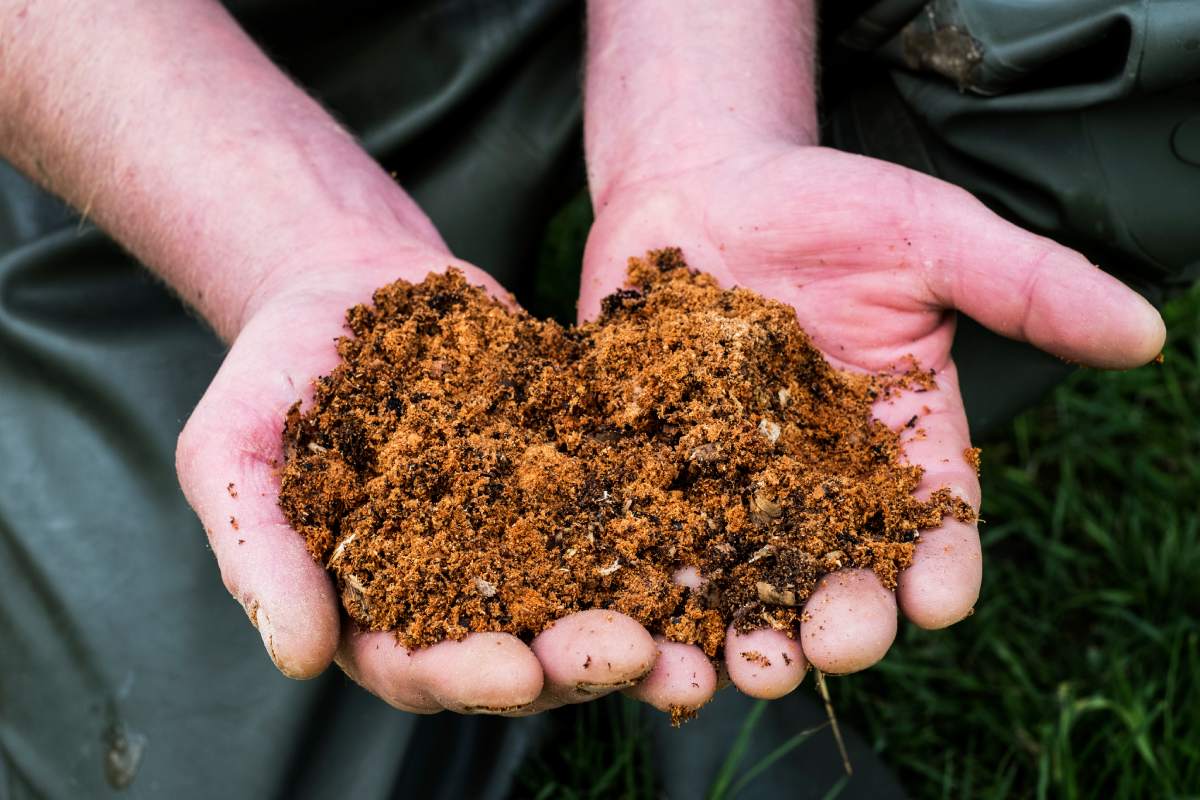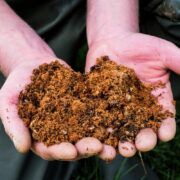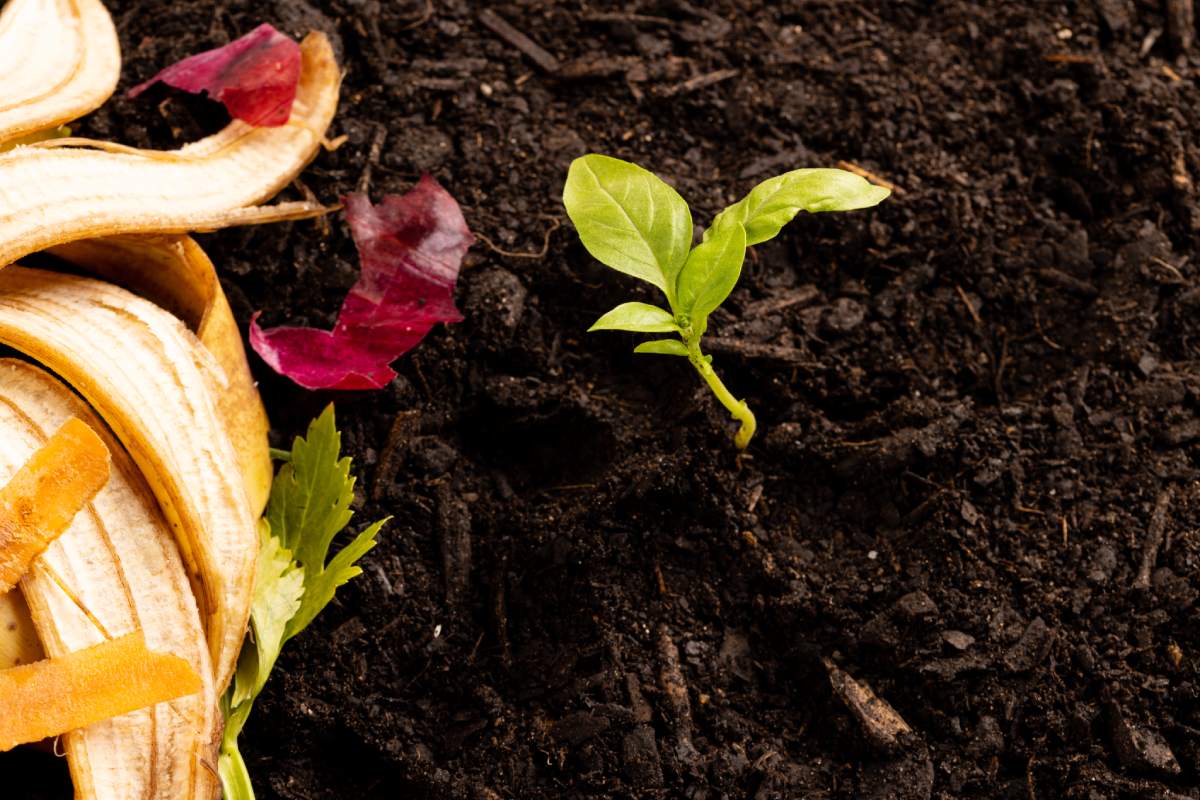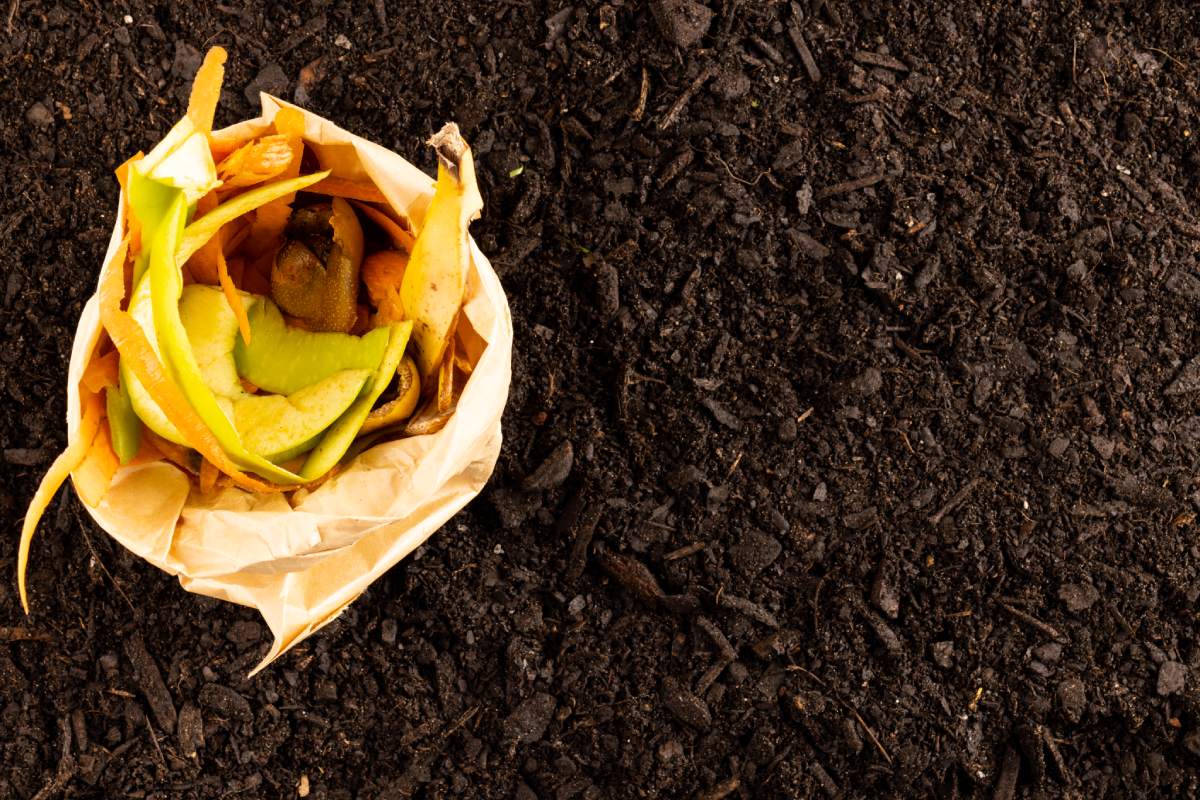In a world increasingly aware of its environmental impact, we’re all seeking ways to tread a little lighter on the planet. One powerful solution lies right in our very kitchens and the food waste we create: composting.
Electric food waste composters offer a convenient and efficient way to transform food scraps into ‘black gold’ for your house plants or garden, and play a crucial role in locking carbon into the soil.
But what exactly is compost, and how does it affect your soil? Does it eventually become soil? Let’s delve into the fascinating world of composting and explore its remarkable benefits…
What is compost?
Compost is a nutrient-rich, organic material created from decomposing organic waste like fruit and vegetable peels, leftover foods, eggshells, and yard waste. This decomposition process is driven by microorganisms (bacteria and fungi) that break down the waste into a stable, humus-like substance.
Think of it as nature’s recycling system! Instead of sending food scraps to landfills where they generate harmful methane gas, composting allows you to harness their value, creating a natural fertilizer that enriches your soil and boosts plant growth.
Can compost damage soil?
While compost is generally incredibly beneficial for soil, it is possible to have too much of a good thing. In most cases, compost itself won’t damage your soil, but applying it incorrectly can lead to problems.
Applying too much compost can lead to an imbalance in the soil’s nutrient levels. Compost is rich in organic matter and nutrients, and if applied in excessive amounts, it can overwhelm the soil, potentially causing nutrient imbalances.
This could lead to excessive Fertilization: Over time, the high levels of organic material can result in overly fertile soil, which may harm certain plants by encouraging rapid, weak growth or making them more susceptible to pests and diseases.
Can you put too much compost in your soil?
Yes, you can! Overloading your soil with compost can create harmful imbalances. Here’s how:
- Nutrient Imbalance: Excessive compost can lead to an overabundance of certain nutrients, potentially hindering plant growth or even causing nutrient burn.
- Water Retention Issues: Too much compost, especially if it’s not fully decomposed, can make the soil excessively water-retentive. This can suffocate plant roots and create an environment conducive to fungal diseases.
- Increased Salinity: Compost can sometimes contain high levels of salts, which can build up in the soil with excessive application, harming plants.
- Weed Growth: Immature compost may contain weed seeds, inadvertently introducing them to your garden.
The key takeaway? Moderation is essential. Follow recommended application rates and make sure your compost is fully mature before using it.
Signs You May Have Applied Too Much Compost:
- Yellowing leaves or stunted growth due to nitrogen imbalance.
- Waterlogging or poor drainage in the soil.
- Soil that feels overly soft or spongy, especially in areas with clay.
- Unusual weed growth or pest problems.
- Plants that seem to have weak or leggy growth, with lots of foliage but little fruit or flowers.
Does compost eventually turn into soil?
This is a common misconception. Compost doesn’t technically transform into soil. Soil is a complex ecosystem containing minerals, organic matter, water, and air. Compost, while a fantastic soil amendment, doesn’t have all these components.
However, compost does become an integral part of the soil. It enhances the soil’s structure, improves drainage, increases water retention, and provides essential nutrients. Think of it as enriching and enhancing existing soil rather than replacing it entirely.
What effects does compost have on soil?
Compost offers a myriad of benefits for your soil:
- Improved Soil Structure: Compost helps bind soil particles together, improving its structure and creating better aeration and drainage.
- Enhanced Water Retention: Compost acts like a sponge of sorts, holding onto moisture and making it available to plants, thus reducing the need for frequent watering.
- Increased Nutrient Content: Compost provides a slow and steady release of essential nutrients, feeding your plants over time.
- Boosted Microbial Activity: Compost introduces beneficial microorganisms to the soil, promoting a healthy soil ecosystem.
- Disease Suppression: Compost can help suppress soil-borne diseases, thus leading to healthier plants.
- Carbon Sequestration: Compost helps store carbon in the soil, removing it from the atmosphere where it contributes to climate change. Healthy soil acts as a significant carbon sink, thus mitigating the effects of global warming (no matter how seemingly small the impact might be).
All that being said, as mentioned earlier, excessive or immature compost can lead to:
- Nutrient imbalances.
- Waterlogging.
- Increased salinity.
- Weed growth.
What are the benefits of composting?
Composting isn’t just great for your garden; as more and more people are making eco-conscious decisions, it’s beneficial for the planet as a whole:
- Reduces Landfill Waste: Diverting food scraps from landfills minimizes methane gas production, a potent greenhouse gas contributing to climate change.
- Conserves Resources: Composting reduces the need for chemical fertilizers and pesticides, conserving natural resources and minimizing environmental pollution.
- Saves Money: By creating your own fertilizer, you reduce your reliance on store-bought products, thus saving money in the long run.
- Enhances Plant Growth: Compost provides essential nutrients for healthy plant growth, leading to more vibrant flowers and bountiful harvests.
- Improves Soil Health: Compost contributes to a healthy soil ecosystem, supporting biodiversity and promoting sustainable gardening practices.
- Combats Climate Change: By storing carbon in the soil, composting helps mitigate the effects of climate change, ultimately contributing to a healthier planet for everyone.
Conclusion
Composting is a simple yet powerful act with far-reaching benefits. From enriching your garden soil, to reducing your environmental impact, composting empowers you to make a positive difference. And with its ability to sequester carbon, composting becomes an even more crucial tool in the fight against climate change.
Transform Your Waste, Nourish Your Garden: The Magic of Electric Food Waste Composters
Electric food waste composters, like we offer at HASS Thailand, make the process easier and more efficient than ever before!
So, are you ready to embark on your composting journey and transform your kitchen waste into gardening gold? Why not check out the range at HASS Thailand for either a home-use 2kg a day electric food waste composter or our 10 kg a day commercial electric food waste composter and discover the magic of composting for yourself!




